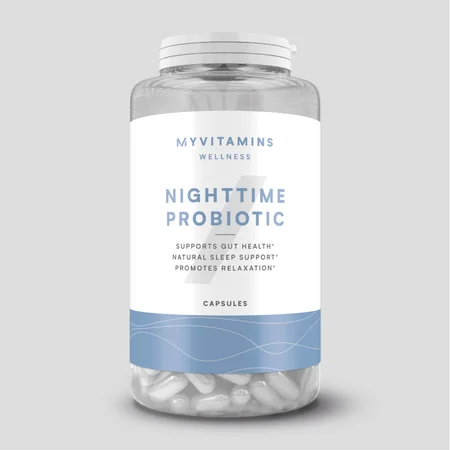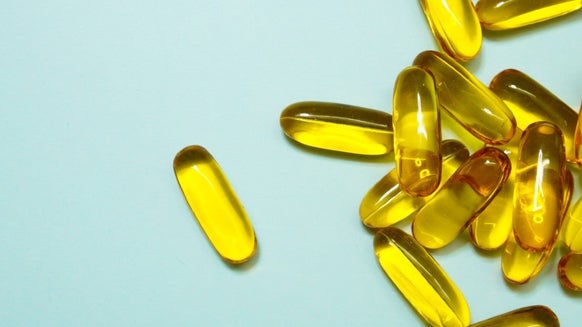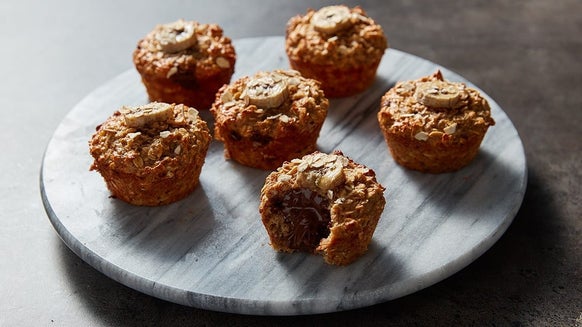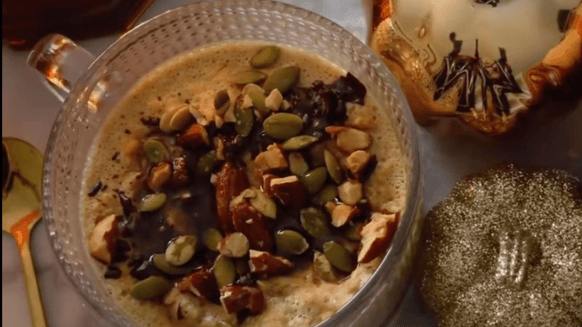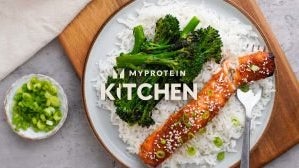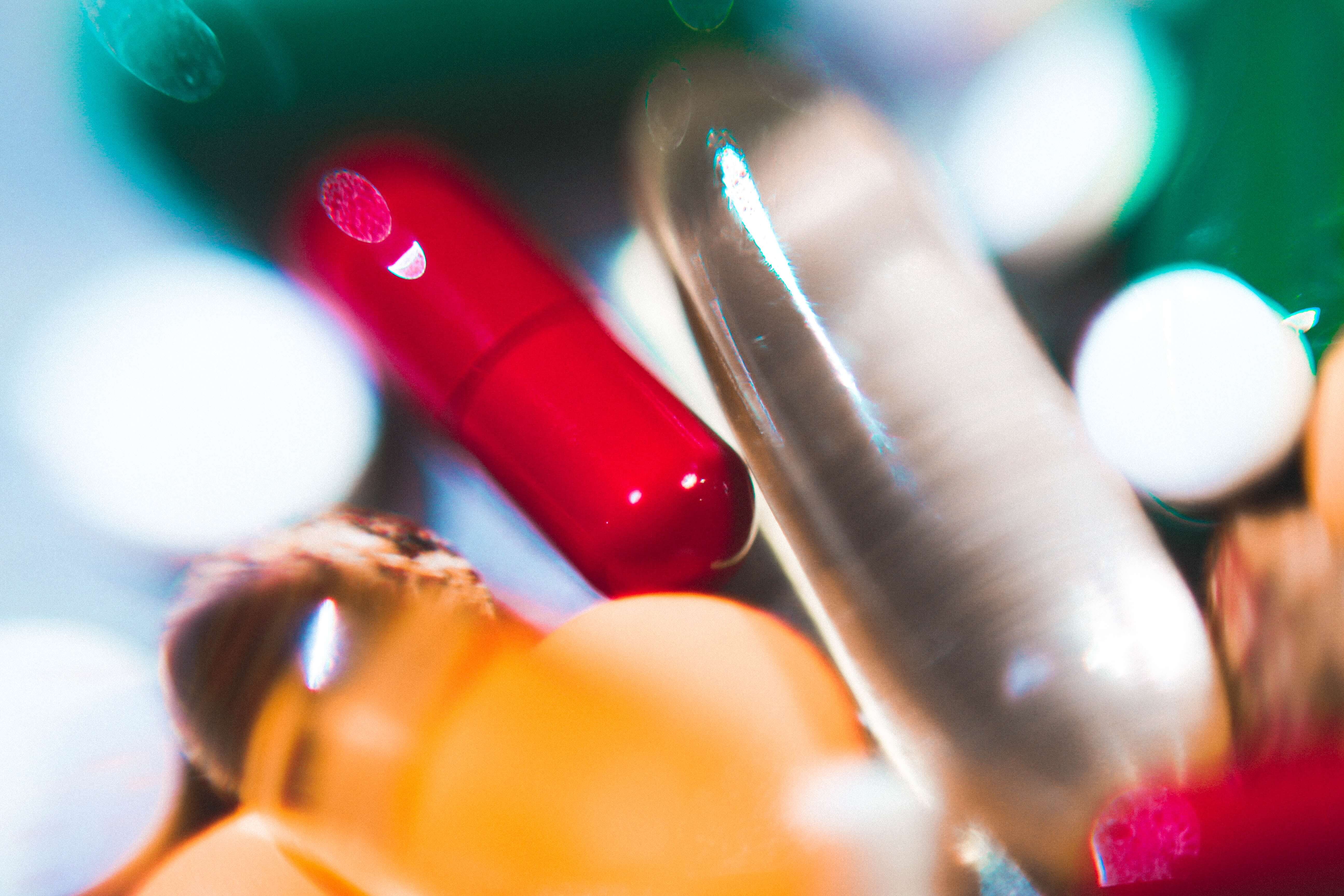
The interest in probiotics has exploded in recent years. Their potential benefit is wide reaching with numerous reported benefits. Many of which are reliant on taking probiotics properly. Read on to find out about the benefits and the best way to take probiotics.
What are probiotics?
Who should take them?
The positive effects of probiotics are extensive are the benefits are not exclusive to a certain group of people. Anyone who is looking to maintain their immunity and keep their gut healthy would potentially benefit for appropriate probiotic supplementation. Probiotic supplementation can may also help active individuals and potentially enhance sporting performance.
For endurance athletes, or those performing a large amount of cardio, probiotics may be particularly beneficial due to their effect on reducing gastrointestinal distress. GI distress is commonly reported during endurance sports and four weeks of probiotic supplementation has been shown to reduce gastrointestinal symptoms during a marathon.
If you have recently had a course of antibiotics, your doctor may recommend probiotic supplementation to help restore the bacterial profile of your gut. They may also prevent diarrhea when taking antibiotics.

The best time to take probiotics
Should you take probiotics before or after eating?
There is evidence to suggest that the best time to take probiotics with a meal, or 30 minutes before as the healthy bacteria has a stronger survival rate when taken this way
However, there is also evidence to show that the timing doesn’t matter too much and that it is more important that you take them for consistently for a number of weeks.
It’s worth noting that the field of research into probiotics is expanding and new evidence is emerging all the time.
Does the time of day make a difference?
In order to maintain consistency and ensure you taking your supplement regularly, it may be best to take your probiotic at the same time each day. For example, with breakfast every morning or at night before bed.
How often should you take probiotics?
Always check the labelling advice and consult your doctor or pharmacist with any concerns.
Can you take them alongside medication and supplements?
As with most supplements, if you have any pre-existing medical condition it is best to consult your doctor before supplementing.
Are there any side effects to taking probiotics?
The most currently reported side effects of probiotics include gas, bloating, diarrhoea and constipation. For most people, probiotics are safe to consume.
How to maximize the effects of probiotic
1. Ensure your storage your probiotics properly
Always ensure they are consumed within the recommended time frame.
2. Take alongside a diet consisting of lots of fruit, vegetables and dietary fiber
Some suggest taking with a meal and including fruit and veg in your diet (natural sources of prebiotics) can improve the effectiveness of the probiotic.
3. Take your probiotic consistently
It is also advised to starting supplementing at least 14 days prior to an event to allow the environment of your gut to change and reduce the likelihood of any detrimental symptoms on the day of the event.
Take Home Message
If considering taking a probiotic for a specific medical reason always consult your doctor.
Want more advice from our experts?

What is Hyaluronic Acid?

5 Supplements That Support The Immune System
Simple ways to support your body from the inside out. ...

Liam is a certified sport nutritionist with the International Society of Sport Nutrition and is enrolled on the British Dietetics Association’s Sport and Exercise Nutrition register. He has a Bachelor’s of Science in Sport and Exercise Science and is graduate of the ISSN Diploma in Applied Sport and Exercise Nutrition.
Liam is an experienced personal trainer, helping clients reach their health and fitness goals with practical, evidence informed exercise and nutrition advice.
In his spare time Liam has competed in numerous powerlifting competitions and enjoys hill walking, football and expanding his recipe repertoire in the kitchen. Find out more about Liam's experience here.
- Jäger, R., Mohr, A.E., Carpenter, K.C. et al. International Society of Sports Nutrition Position
- Pugh, J.N., Sparks, A.S., Doran, D.A. et al. Four weeks of probiotic supplementation reduces
- Tompkins TA, Mainville I, Arcand Y. The impact of meals on a probiotic during transit
- Toscano M, De Grandi R,StronatiL, De Vecchi E, Drago L. Effect of Lactobacillus
- Senaka, R. and Said, A., 2021. MakingTheMost Of [online] Pursuit. Available at:
Stand: Probiotics. J Int Soc Sports Nutr 16, 62 (2019). https://doi.org/10.1186/s12970-019-
0329-0
GI symptoms during a marathon race. Eur J Appl Physiol 119, 1491–1501 (2019).
https://doi.org/10.1007/s00421-019-04136-3
through a model of the human upper gastrointestinal tract. Benefic Microbes.
2011;2:295–303
rhamnosus HN001 and Bifidobacterium longum BB536 on the healthy gut microbiota
composition at phyla and species level: A preliminary study. World J Gastroenterol.
2017;23(15):2696-2704. doi:10.3748/wjg.v23.i15.2696
<https://pursuit.unimelb.edu.au/articles/making-the-most-of-probiotics>
